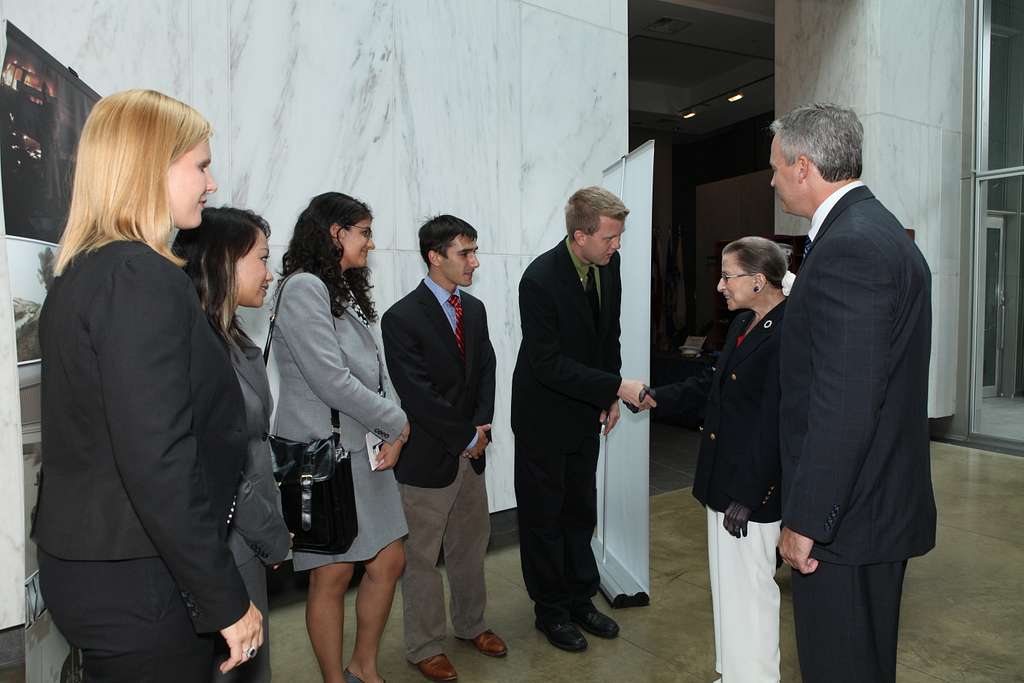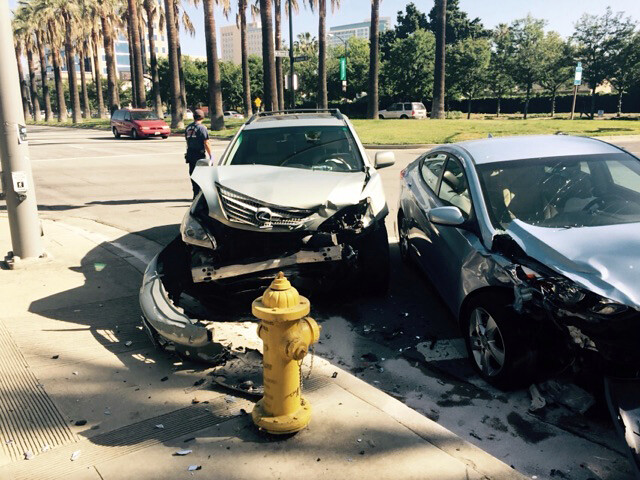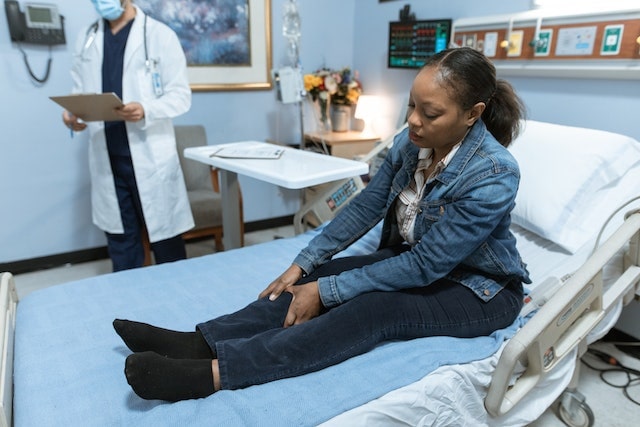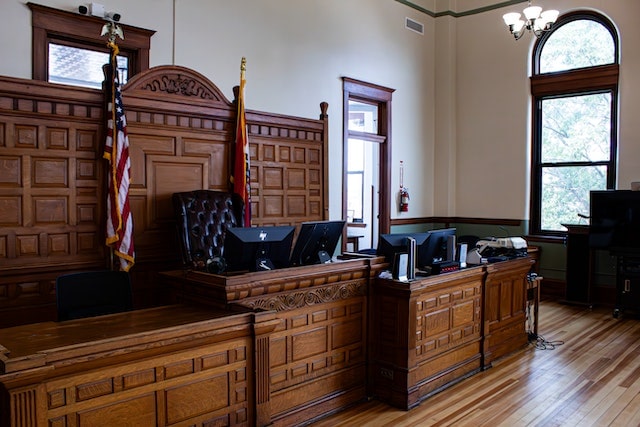The Appellate Division, First Department, in Lamar v City of New York, 2009 NY Slip Op 08974 (1st Dept. 2009), said this in a four sentence opinion:
“While the City’s generalized assertion of law office failure as the excuse for its delay is not particularly compelling, it constitutes “good cause” for the delay (see Spira v New York City Tr. Auth., 49 AD3d 478 [2008]).”
What do you think would be the outcome of this case if this were adjudicated in the Second Department?













3 Responses
That decision is nonsense. The Appellate Division should have said, “we are vacating this in the interest of justice,” and left it at that. What is the general rule we are supposed to take from this decision? Almost close enough is good enough? The decision can only be a product of the unique facts of the case, but we don’t get to see them.
Compare with A.B. Med. Servs., PLLC v GLI Corporate Risk Solutions, Inc.? Yes, I know they are different departments and levels, but still.
Moving on. Lately it seems that the Appellate Term is out of sync with the Appellate Division. And usually, it is not for the better.
You know that the First Department and the Second Department have different standards for demonstrating what a reasonable excuse is. The Appellate Division, Second Department requires non hearsay detailed proof of law office faulure. The Appellate Division, First Department, just requires a general averment of the same. I would love to see the Court of Appeals take up the issue, but they will duck it saying they do not have jurisdiction because it represents a mixed issue of fact and law.
I’m not sure a generalized averment, by itself, would be enough. I was just looking around the First Department caselaw; it looks to me that, whether the court accepts a general excuse depends on the facts. One decision allowed “understaffing” to be a reasonable excuse But like this decision, that one was terse and wonderfully unhelpful.
It (generalized averment) should be used as a last resort, rather than as a matter of course. To do otherwise would test the Court’s patience. Too many parties doing it too often might very well obviate the need for Ct. App. intervention.